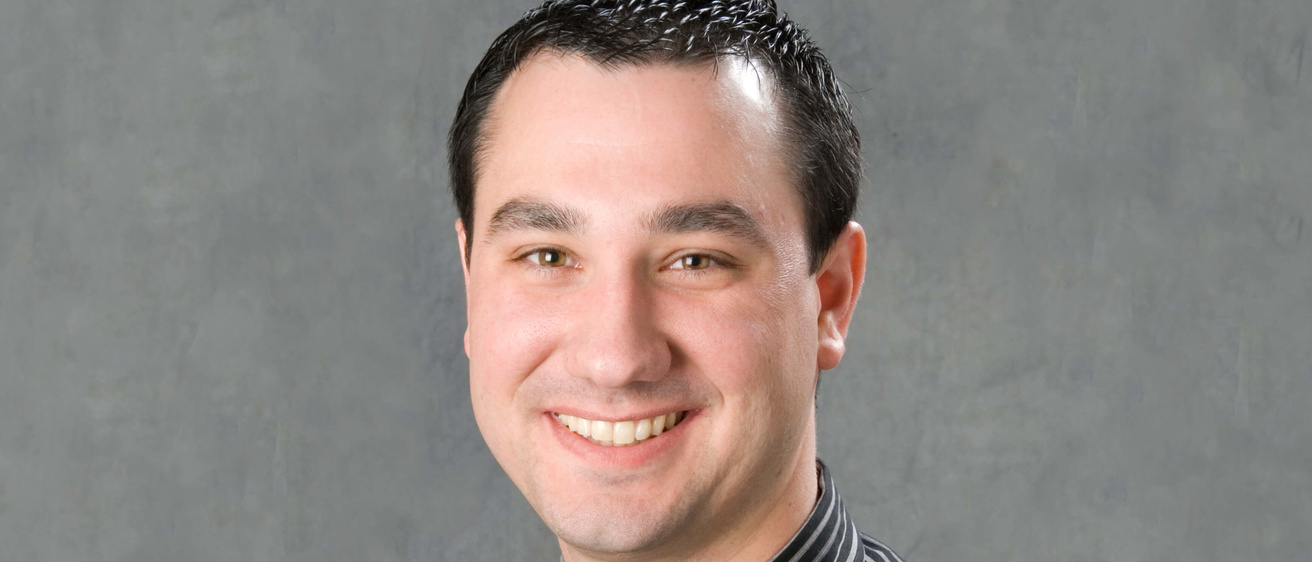Listening to mentors and trusting his gut guided Nic Mastascusa, '08 PharmD, to a little-known specialty that he is passionate about: Nuclear pharmacy.
"I knew this field was for me the moment I first stepped foot into the nuclear pharmacy in Cedar Rapids that I now manage," said Mastascusa of Hot Shots Nuclear Medicine.
Nuclear pharmacists work with radioactive drugs, or radiopharmaceuticals, which help physicians detect, locate, and treat various conditions. Imaging technology can "see" such medicines—which are not dye—as they localize in a person’s body emitting medically safe amounts of radiation. Nuclear medicine procedures are often used to diagnose and treat issues—including but not limited to heart, gallbladder, or lung disease as well as the detection and treatment of some cancers.
"I get to work with subatomic physics, the chemistry of the radiopharmaceutical, the physiology and chemistry of radiation in the body and much more," said Mastascusa. "Then there’s the ability to safely manipulate and dispense something that is radioactive. Not many people get to do that every day."
In fact, the number of people with that career, who are in the United States and board-certified like Mastascusa is extremely small: Roughly 400.
At Hot Shots—named in part because radioactivity is "hot" and injections are "shots"—Mastascusa manages the pharmacy and works shifts in it. He’s responsible for ensuring Hot Shots pharmacy’s radiation safety. In addition, he develops and delivers continuing education and training programs to nuclear medicine technologists—the professionals who usually administer the drugs to patients. He also educates physicians about new radiopharmaceuticals as they come to market.
For many years, Mastascusa thought he wanted to go into radiology and he investigated medical school. As part of his journey, he talked to a Wisconsin radiologist—a friend of his dad—who suggested that he consider pharmacy school.
"He saw a something in me that he thought would be a better talent elsewhere," he said. "The funny thing is that he never mentioned nuclear pharmacy, but then most radiologists outside of a university practice don’t know that much about what goes on in one."
Meeting James Ponto—a clinical professor at the College of Pharmacy and Chief Nuclear Pharmacist in the University of Iowa Hospitals and Clinics— helped cement Mastascusa’s decision to pursue nuclear pharmacy as a career, he said, and the two have kept in touch. By then, he had already visited Hot Shots pharmacy.
He found out about the Cedar Rapids specialty pharmacy in his P2 year from his future wife two years ahead of him—Jill (Flannagan) Mastascusa, ’06 PharmD. His first visit to Hot Shots was that same week.
"I always tell my students that they will know when they find the area in pharmacy they are meant to practice in," Mastascusa said. "It just feels right. That’s how nuclear medicine felt to me."
He precepts students and also teaches an elective course about his field.
